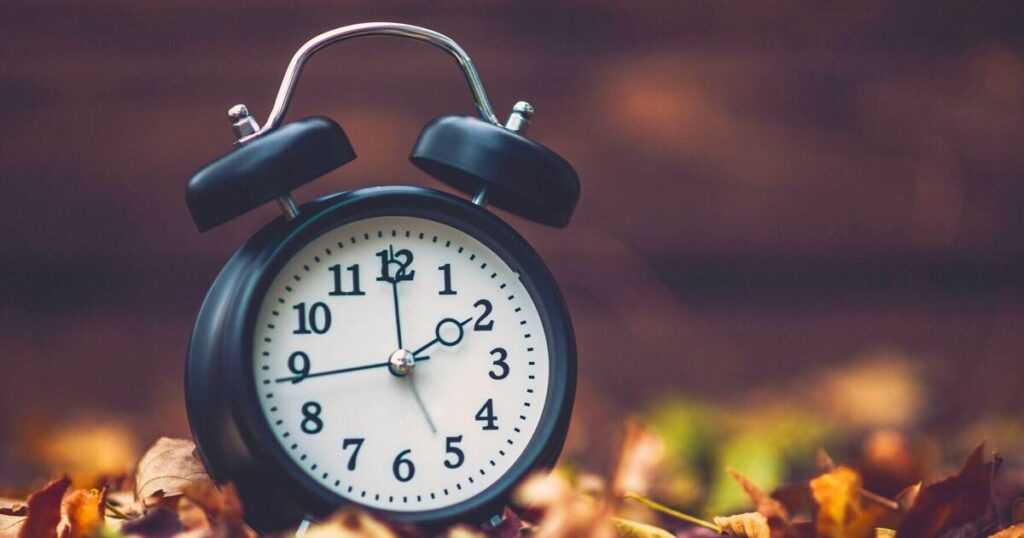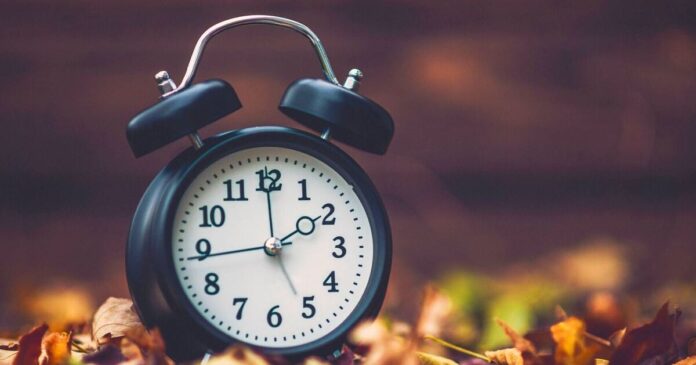
A “sleep doctor” offered advice on how to prepare for the upcoming daylight savings time change.
The clocks will go back an hour on Sunday, October 27, which could require some significant adjustments to your sleep, according to Doctor Sujay Kansagra.
He shared his tips on TikTok, joking the change would mean “nothing” to parents who are already sleep-deprived. However, he had some key advice for everyone else, suggesting three strategies for dealing with DST.
Dr Kansagra’s first suggestion was to “do nothing”, explaining: “It’s one hour, don’t worry about it, don’t make a big deal. You’ll figure it out.
“That’s actually totally legitimate for the night owls out there, that actually works well. For teenagers, young adults that naturally tend to be night owls, this daylight savings is super easy for you.”
This approach, he said, works well for night owls, teenagers and young adults. His second piece of advice was to “adjust before” the clocks go back, allowing your body to remain fully rested while adjusting to one less hour of sleep.
The strategy is “particularly good if you have a young child”, as it can make a big difference to their bedtime routine. “What you can do is start to push back their bedtime by about 10 or 15 minutes a day, ideally with a bit extra light at night time,” he advised.
“That extra light during this daylight savings is what helps push your circadian rhythm that little bit later. That way when you adjust the clock on Saturday night, you’re ready to go.”
An alternative method is to “adjust after” the clocks have gone back, as the expert explained: “What would that look like practically?
“If your child’s bedtime is 8pm on Saturday night then they’d go to bed at 7.15pm, that’s actually 15 minutes later than their body is used to going to bed, and hopefully they’ll sleep in a little bit longer.
“Then they’ll go to bed at 7.30pm the next night, then 7.45pm, then 8pm. Again, a little bit of extra light exposure at night time, keep the lights in the room bright, that can help with the shift.”

















